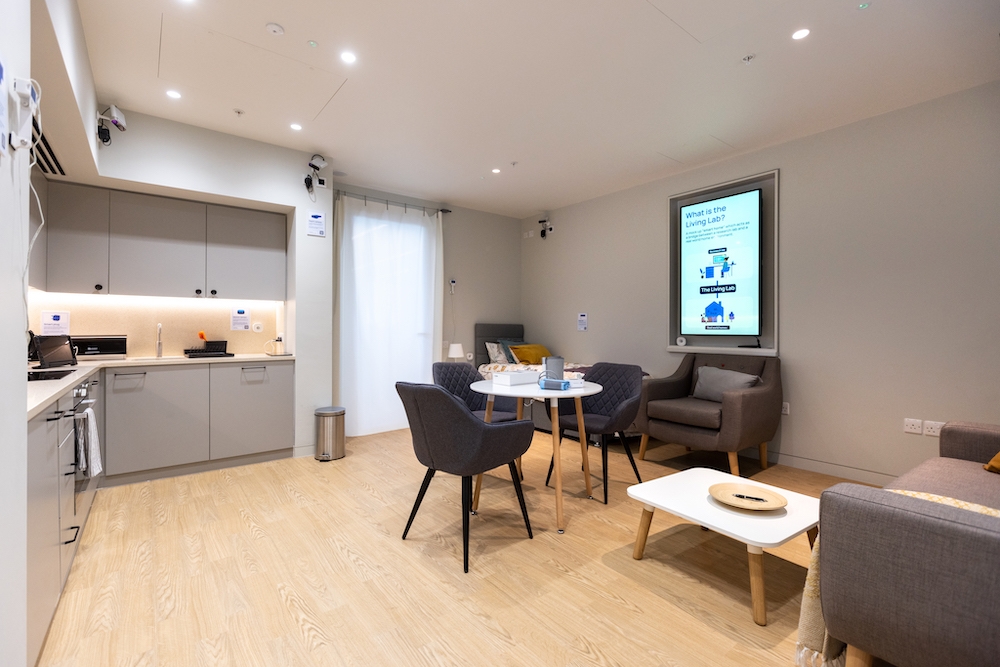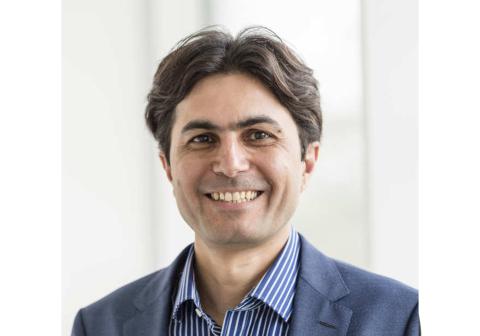Biography
An expert in artificial intelligence and big data, Prof Payam Barnaghi is Professor of Machine Intelligence Applied to Medicine in the Department of Brain Sciences at Imperial College London. He was technical lead of the Department of Health/NHS Technology Integrated Health Management (TIHM) for Dementia project. Applying his technical research in machine learning and Internet of Things to healthcare, Payam has won several awards including the HSJ 2018 Award for Improving Care with Technology and an IEEE Outstanding Leadership Award in 2017. At the UK DRI Care Research & Technology centre, Payam leads ground-breaking research into the 'Healthy Home', using technology to maintain independence for people with dementia.
Barnaghi Lab
Explore the work of the Barnaghi Lab, combining engineering and technological innovation to produce a secure 'Healthy Home' system which will provide a test-bed for new approaches to address major care needs and provide personalised healthcare for these individuals

